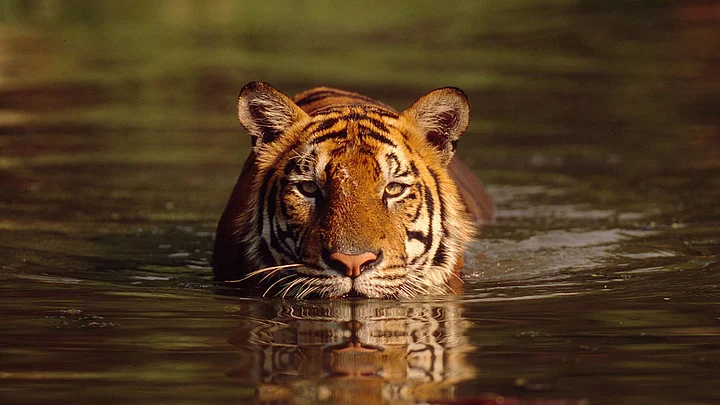216 leopards. 40 tigers. 43 rhinos. 100 elephants. Innumerable birds and reptiles.
These are just a few of the many animal species that have been illegally hunted in India in the last 18 months - every day, poaching pushes more species closer to extinction.
As India celebrates Wildlife Week between October 2 and 8, we take a look at the country’s poaching problem.
Understanding The Problem
Simply put, poaching refers to the illegal hunting of wild animals. Understanding the causes is critical to curbing it. Rampant poaching in India is driven by two powerful forces – a lucrative international demand for exotic animals and animal parts and crippling poverty among forest communities.
The illegal wildlife trade is worth billions of dollars annually and transnational criminal syndicates are able to fund expensive efforts to hunt, kill and capture wild animals. When coupled with extreme poverty among the actual poachers (many of whom are paid a tiny fraction of the animal’s value on the black market) and under-resourced forest departments, this adds up to a recipe for disaster.
Our conservation strategies have also added to the problem - animal protection has often ignored the needs of traditional forest communities. For example, poaching is often done with the help of locals who have an intimate knowledge of forests – knowledge that could, with proper opportunities, make them into ideal conservationists.
What Do Our Laws Say?
Our Constitution places the responsibility for wildlife protection on both the government and the citizens of the country. Article 48-A says that “The State shall endeavour to protect and improve the environment and to safeguard the forests and wildlife of the country” and Article 51 (A)(g) reiterates that it is every Indian’s fundamental duty to protect wildlife.
In addition, India has strong laws in place. For example, the Wildlife Protection Act makes it an offence to hunt animals which are listed in the Act and punishes offences committed within protected areas like national parks and wildlife sanctuaries. Punishments include mandatory prison terms and fines of up to Rs. 50 lakhs.
The problem however, is that without proper enforcement, these laws remain powerful only on paper. Our forest departments are under-resourced and overstretched and there are problems both in detecting the crimes and in successfully prosecuting the perpetrators. The data is depressing – in spite of rampant poaching, and over 900 court cases, only 61 persons have actually been convicted of offences relating to poaching tigers. One can imagine the what the numbers are for the other species.
How Can You Get Involved?
Poaching cannot be controlled without addressing a long list of issues and there’s a role that you can play at several levels. Awareness and education are the first steps – ask questions and demand answers when you see something suspicious. After all, that cute turtle or bird you saw in the pet store may just have been poached. Say no to exotic pets and raise your voice against selling or buying products such as ivory – there’s a good chance that these have illegally sourced. Decreasing the demand for such animals and products has a massive impact in discouraging illegal hunting.
Consider volunteering with a wildlife organisation and try and visit the national parks and sanctuaries around you. India is a biodiverse country with immense natural wealth and eco-friendly tourism is an important source of revenue for local communities.
India’s Bishnoi and Irula communities and countless examples from around the world prove that animal protection is only sustainable when local communities are involved and empowered. While we certainly need to improve our laws and improve the resources available to our forest departments, we also need a national conversation on the ways our forests are being used and managed.
There’s a lot at stake - poaching not only affects animals and the communities that depend on them but the very future of a healthy balanced planet itself.
